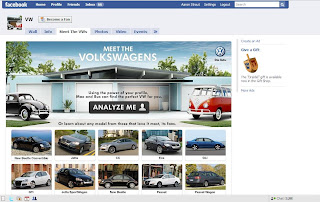Wow! Big news today for
Brian Solis and the good folks at research-based advisory firm,
Altimeter (
Jeremiah Owyang and
Charlene Li's gig). According to my friend, Jeremiah, Brian will be joining the firm as a principal focusing on "change management, social business and helping Altimeter's clients adopt disruptive technologies."
 |
| Charlene Li, , Brian Solis & Jeremiah Owyang (credit: Solis) |
Given Brian's meteoric rise over the last couple of years that culminated with
his interview of news anchor, Katie Couric, last fall, this is a big win for Altimeter. It will be interesting to see how Brian -- a two time author that cut his teeth in the PR world -- will make the leap to analyst. Given the content Brian creates and covers on his blog, I have not doubt that if anyone can make the shift, Brian can.
By way of fun background, I've done podcasts with
Charlene (co-interviewing Charlene with
Jim Storer at the Community 2.0 Conference in 2008),
Brian (TechSet, 2009) and
Jeremiah (via the phone). I know all three personally and am excited for them as this will be big news for a group that is already moving and shaking. When you see them at SXSW, make sure to congratulate them!
To that end, Altimeter's growth won't stop with Solis. According to Jeremiah, they are also
hiring in a few other fields such as mobile, business intelligence, and digital media and advertising.


